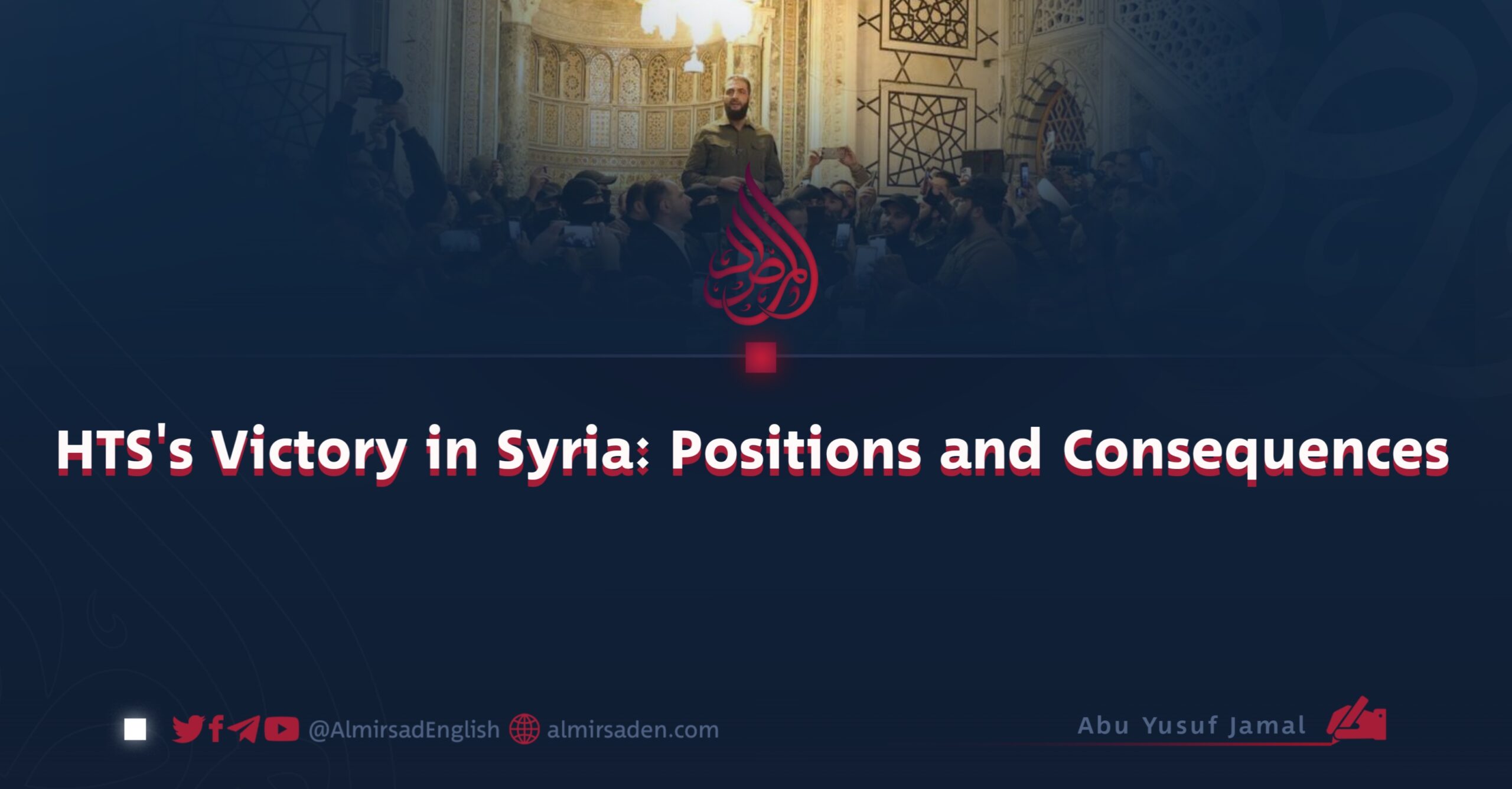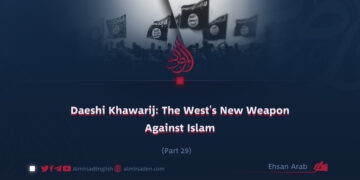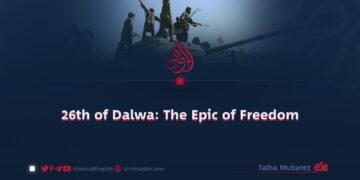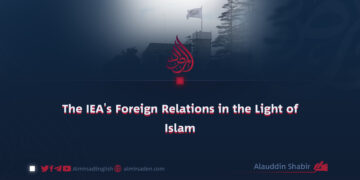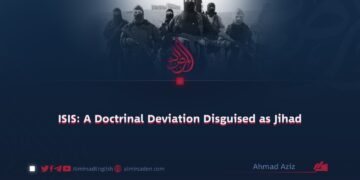Author: Abu Yusuf Jamal
The victory of Hay’at Tahrir al-Sham (HTS) in Syria holds significant importance in altering the situation in the Middle East and influencing international stances. HTS is recognized as a coalition of armed groups opposing the Bashar al-Assad regime, with the aim of overthrowing his oppressive rule and establishing a just system. In contrast, ISIS sets itself apart by not only combating Assad’s regime but also targeting Islamic factions to expand its influence in the region.
In addition to HTS in Syria, the Kurds also hold control over substantial territories, while ISIS maintains influence over limited areas. Both of these groups can pose obstacles to HTS. It is possible that certain countries, acting through proxy groups, could align with foreign allies to initiate coordinated military actions against HTS.
The Kurds may not pose as significant a threat as ISIS and may be inclined towards negotiations rather than conflict. However, ISIS has a long history of involvement in proxy wars. This mercenary group has been used as a tool of military pressure in various regions, especially in the Middle East, to intimidate Islamic factions and certain states. Furthermore, ISIS leadership remains based in the Middle East, persisting in its endeavors to exert influence over the region, including Syria.
Due to Syria’s strategic location, the country holds immense importance for Iran, Russia, and other nations that seek to monitor U.S. and allied advancements in the Middle East. However, Russia’s engagement in the Ukraine conflict implies a possible reduction in focus on the Middle East, paving the way for HTS to establish stability. On the other hand, Iran may persist in creating threats within the region.
The Zionist regime, currently embroiled in the Palestine conflict, closely observes the developments of Islamic factions in the Middle East. It has not maintained a neutral stance, apprehensive that remaining military equipment from Assad’s overthrown regime could be utilized to bolster groups like Hamas and other jihadist factions in the region, posing a potential challenge to Israel. This could present a security challenge to Israel, especially if these groups unite to confront the Zionist regime.
Considering Syria’s pivotal role in the Middle East, the complete dominance and continuity of HTS governance directly contradict the strategic objectives of Crusaders. Nonetheless, HTS could establish a stable and centralized government by implementing Sharia, maintaining public support, refraining from retaliatory measures, applying general amnesty, and remaining neutral in international politics. Such actions could lead to sustainable stability and progression in the region.































